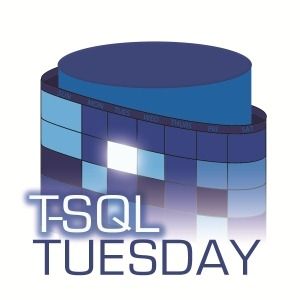For this months T-SQL Tuesday contribution I want to cover my favorite job interview question. Just for good measure I am going to mention a previous favorite as well.
Before I go any further, I want to thank my namesake Kevin Feasel who hosts this months T-SQL Tuesday.
Kevin invites us all to talk about our favorite job interview question.
You can read the original invitation by clicking on this link for the T-SQL Tuesday 174 invitation or on the image below.
My favorite job interview question
Years ago I was responsible for a SQL Server environment which had high performance demands. So, back then my favorite question to ask was what is the difference is between a clustered and a non-clustered index.
Which I must admit, I had some pretty good answers to the question.
However, things change over the years including my interview technique. These days I prefer to ask what I call “the Google question”.
Which is where I present a scenario until eventually the candidate states they will look on Google. Because I like it when a candidate shows initiative is prepared to explore all options.
I am sure over time I will start calling this the Copilot question. I will wait and see what happens.
Interviewing advice
I do also want to provide one piece of advice in this post whilst covering interviews. Even though it is a delicate subject.
If you are looking for somebody to join an existing team, think about the level of technical questions you ask them beforehand.
If you are expecting them to join at the same level as existing colleagues, it might be a good idea to only ask technical questions that your current team can answer. Plus, consider the technologies you ask them technical questions about.
Unless the expectation is that they will join at a higher level than the other members of the team or work with those technologies.
Whilst some people ask more complex technical questions to see how interviewees react some can see it as a form of peacocking.
Which can be seen as a red flag by some candidates. Plus, it can delay the process of new members joining your team and cause you to miss out on candidates that have a lot of potential.
To clarify, I am not advising to dumb down interview questions. It is vital you get the right candidate. Just take a step back and think if the technical questions are valid for the candidate’s role.
Final words
I hope my T-SQL Tuesday contribution this month makes for an interesting read.
Of course, if you have any comments or queries relating to this post feel free to reach out to me.


Thanks for the post, Kevin. I do the same thing in interviews: I want to hear a person say “I don’t know” at least once and will keep drilling down into points until I hear it, or I start hearing very confident nonsense, at which point it’s generally clear that this isn’t the right person.
Then, once we get to “I don’t know,” the follow-up is, “Great. How would you learn this?” And that’s going right into your wheelhouse there.